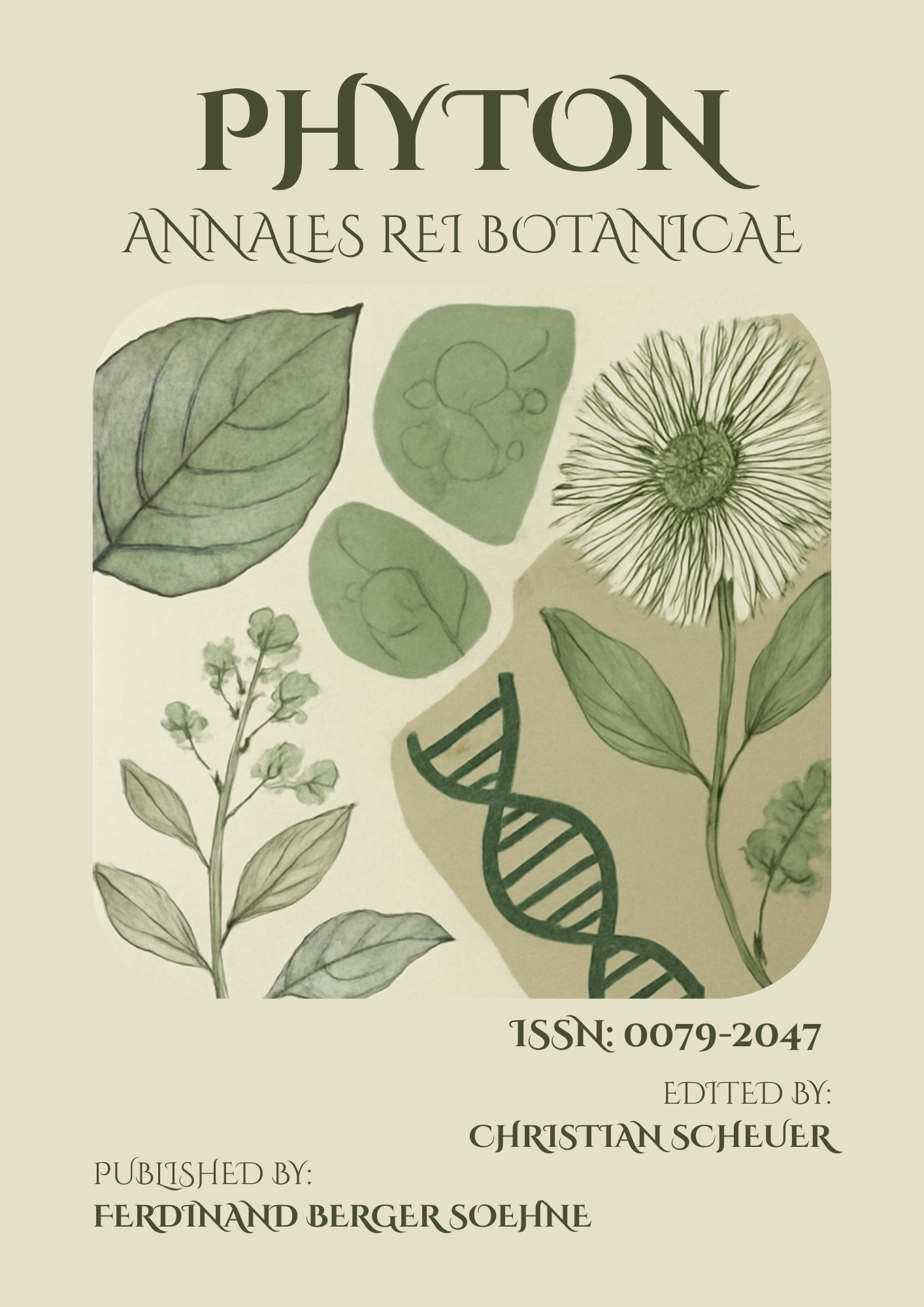Soil Fertility Management Practices for Sustainable Crop Production in Turkey
Keywords:
Soil Fertility, Sustainable Agriculture, Organic Farming, Turkey, Nutrient Management, Crop RotationAbstract
In Turkey, soil fertility plays a vital role in agricultural productivity, but it is increasingly threatened by unsustainable farming practices such as overuse of chemical fertilizers, monoculture, and inadequate soil conservation measures. This paper investigates soil fertility management practices that promote sustainable crop production in Turkey, focusing on techniques such as organic farming, integrated nutrient management, and conservation tillage. Through field studies and case examples from different regions, the study assesses the impact of these practices on soil health, crop yields, and environmental sustainability. The research finds that organic amendments, such as compost and green manure, significantly improve soil organic matter and nutrient cycling, leading to better soil structure and enhanced crop productivity. The paper also examines the role of crop rotation and intercropping in preventing soil degradation and promoting nutrient balance. The study concludes that integrating sustainable soil fertility practices is key to maintaining long-term agricultural productivity and environmental health in Turkey.
Published
How to Cite
Issue
Section
License
Copyright (c) 2023 PHYTON-ANNALES REI BOTANICAE

This work is licensed under a Creative Commons Attribution-NonCommercial-ShareAlike 4.0 International License.
This article is published under the terms of the Creative Commons Attribution-NonCommercial-ShareAlike 4.0 International License (CC BY-NC-SA 4.0). Readers may share and adapt the material for non-commercial purposes, provided appropriate credit is given and adaptations are shared under the same license.



